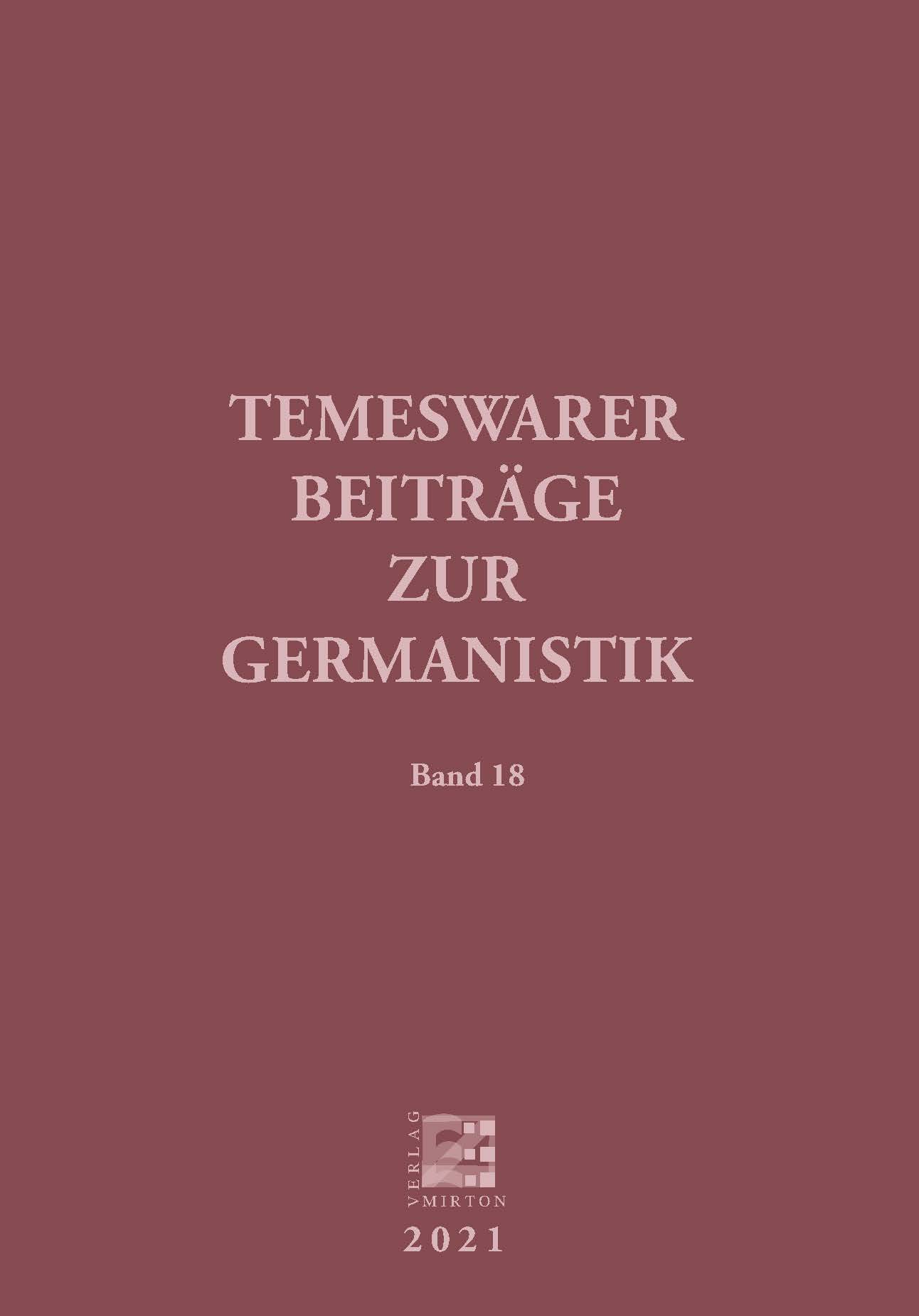Ethnologischer Blick und hermeneutische Skepsis: Ernst Grosse und Carl Einstein über ostasiatische bzw. japanische Kunst
Ethnological view and hermeneutical skepticism: Ernst Grosse and Carl Einstein about Japanese art
Author(s): Matthias BerningSubject(s): Anthropology, Literary Texts, Visual Arts, German Literature, Theory of Literature
Published by: Editura Mirton
Keywords: primitivism; exotism; ethnology; Asian art; ink drawings; woodcuts; idealism; critique of rationality; otherness; history of science; colonialism; imperialism;
Summary/Abstract: In 1922 and 1923 Ernst Grosse and Carl Einstein published illustrated art books about Asian drawings and woodcuts. Both try to bring a foreign culture closer to the German readers and both have doubts whether this can succeed. With the help of ethnology, they believe to be able to explain the Asian ink drawings and woodcuts in their historical contexts. Nevertheless, they state a loss of the traditional context and are skeptical whether the Asian culture can be translated into the European one. Both authors are placed by research in the context of primitivism, at the same time criticizing an imperial Western policy. Both are influenced by the scientific worldview but formulate a critique of scientific rationality. Ernst Grosse developed a definition of literary science (Literaturwissenschaft) in contrast to literary history (Literaturgeschichte) as well as of art science (Kunstwissenschaft) versus art history (Kunstgeschichte).
Journal: Temeswarer Beiträge zur Germanistik
- Issue Year: 2021
- Issue No: 18
- Page Range: 117-134
- Page Count: 18
- Language: German

